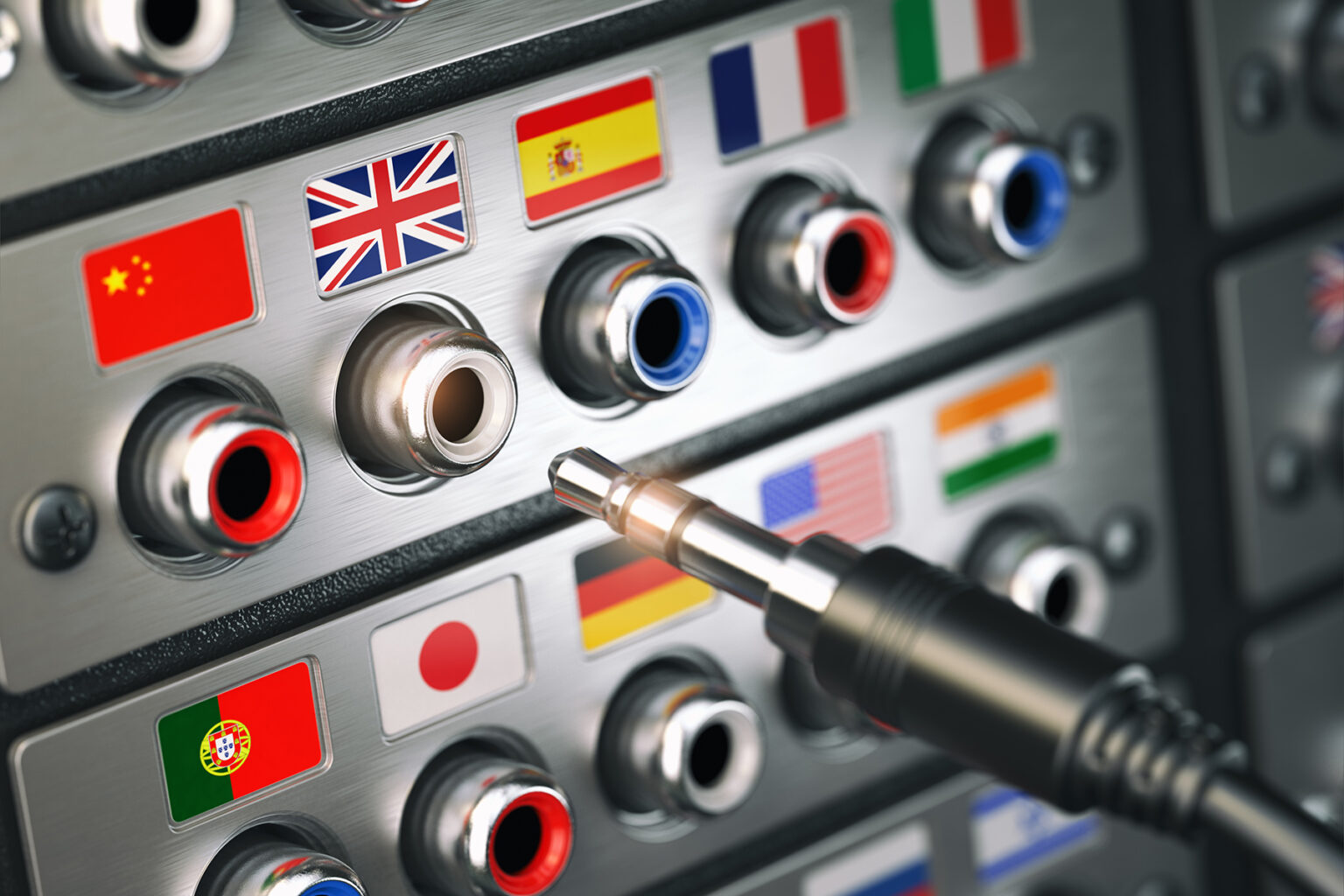Once you enter the world of bureaucracy, you start to hear phrases such as ‘official translations’ and ‘authenticating and legalizing’ your documents. This guide explains how to prepare your documents so relevant authorities accept them. This includes how to find official Spanish translators, how long it takes, costs, and what to do if you also need an authentication stamp, such as an Apostille.
Welcome to a complete guide to official translations in Spain; read even more about these questions and much more below.
- What is an official translation?
- What is an official translator?
- How can I use an official translation?
- What type of documents can be officially translated?
- Here is a list of the most common translations
- Here is a list of examples of time-intensive official translations
- How long does it take to translate a document?
- How much will an official translation cost me?
- What is an apostille?
- Can I get an extra copy of my certified translation for free?
- Your documents are private and confidential
lingoking
Do you need help translating documents? Make sure all your legal proceedings go smoothly by using lingoking for all your translation needs. Whichever papers you need translating, lingoking's network of professional translators can help. Order online 24/7 and take some of the stress out of your legal procedure.
What is an official translation?
It is a legal translation produced and stamped by a certified official translator.
In other words, a certified official translation is not a text you can get on Google Translate or write yourself. It’s an accurate and legal document translated by an experienced professional official translator.
What is an official translator?
In Spanish, the official translator figure is a traductor jurado (literally, ‘sworn translator’).
An official translator must be fully certified by the Spanish Ministry of Foreign Affairs, which confirms they have the legal capacity to translate from one foreign language into another foreign language, as well as to certify that the translation is accurate.
You can find the official list of official translators certified in Spain by the Spanish Ministry of Foreign Affairs.
How can I use an official translation?
The certified translation you’ll receive can be presented at any institution as the official translation of the original document. Official translations typically have a legal nature, so these types of translations are usually for legal purposes.
An important note, however, is that an official translation only states what the original document says in the other language; it does not prove the authenticity of the original document. For example, if the medical report you translated is not valid for whatever reason (for example, it is out-of-date or from a non-qualified consultant or clinic), the official translation does not magically convert the original into a valid nor updated document.
Instead, certain documents must have an additional apostille stamp or other security element, such as special stamps or ribbons, to verify the authenticity of the document.
To avoid wasting time, enquire at the office or legal institution where you need to deliver your official translation. They will confirm if your documents need any additional requirements, such as an apostille stamp or equivalent.
What type of documents can be officially translated?
Official translations can include emails, simple notes, official one-page certificates, 500-page technical documents, and the list goes on.
Here is a list of the most common translations
- Birth certificates
- Marriage certificates
- Death certificates
- Wills
- Probates
- Affidavits
- Criminal records
- Police reports
- Academic records
- University certificates
- Medical records
- Government documentation
Here is a list of examples of time-intensive official translations
- Title deeds
- Court sentences
- Business and organisation statutes
- Full document package for visa application
- Full medical history
- Business technical documentation
- Confidential and strategic corporation documentation
- Annual reports and balance sheets of companies
- University syllabus
- Research papers
- Commercial contracts
How long does it take to translate a document?
This question is difficult to answer because the time scale depends on the amount of pages and level of translation to be done (from easy to difficult topics).
On average, small translations for common documents (such as birth or marriage certificates) can take around two to four working days. For other types of larger documents, they typically need an evaluation first to calculate the time necessary for delivery.
Some official translators can also deliver documents as urgent. This means putting your translation at the front of the queue, postponing other jobs and working nights or weekends if necessary. The urgent mode has an additional cost, but your translations will be ready whenever you need them.
How much will an official translation cost me?
Cost depends on the type of document and length. Some translators calculate the price by the word, regardless of the type of translation (legal, medical, technical, business, etc), which can work for or against you depending on what you need to translate.
Other translators prepare an estimation based on the word count and project complexity. As seeing the document is vital to determine cost, you might be asked to send your document before you will be given a price. In such cases, it can be unfair to expect that your description via phone or email is sufficient to demand a quick quote. What might seem like a simple, two-page translation could take several hours for a technical topic, however. To avoid an unfavorable situation where either the translator ends up out-of-pocket or your price is unexpectedly pushed up, it can be easier to comply with the translator’s requests.
What is an apostille?
An important element your document may require is an Apostille or equivalent. An apostille is a special stamp that certifies the validity of a document within countries that participate in the Hague Convention of 1961.
If your country isn’t party to the treaty, there may be an equivalent version for authenticating or legalizing documents; certain countries must provide other authentication methods such as special stamps, security ribbons, watermarked papers and so on.
In some cases, you will need to authenticate the document that needs official translation. Authentication provides evidence to authorities in another country that the foreign document is legal.
An important note is that the apostille has to be produced in the origin country or embassy where the document originated. In many cases, the authorities that produce the apostilles are also those dealing with the type of document. For instance, if you have a court sentence that needs an apostille, you should query the court building where the sentence comes from to see if they can provide an apostille stamp.
Official translators cannot issue apostilles for foreign documents.
Before you send your translator any documents, you should find out from the relevant authorities whether it needs an apostille or not. If you add an apostille stamp after translation, there are also additional costs for your translator to reprint an official translation to include the missing authentication information.
Can I get an extra copy of my certified translation for free?
In general, copies are not free. It might seem like just an extra document from the printer but official translations typically come on official paper coded with a serial number, with a stamp and signature from an official translator afterward.
That’s the value of the official translation: each individual print out acts as an individual legal document, even if they are identical copies.
Your documents are private and confidential
Under no circumstances should your translator share your original documents with anybody, including any stamped official translations. Even if you send a document for quotation but don’t hire a translator’s services, your documents should be secure if you choose a trusted translator. It’s not just about your documents but also your name, address, or any other private and confidential information. Looks for translators whose ethics are in favor of protecting clients.






